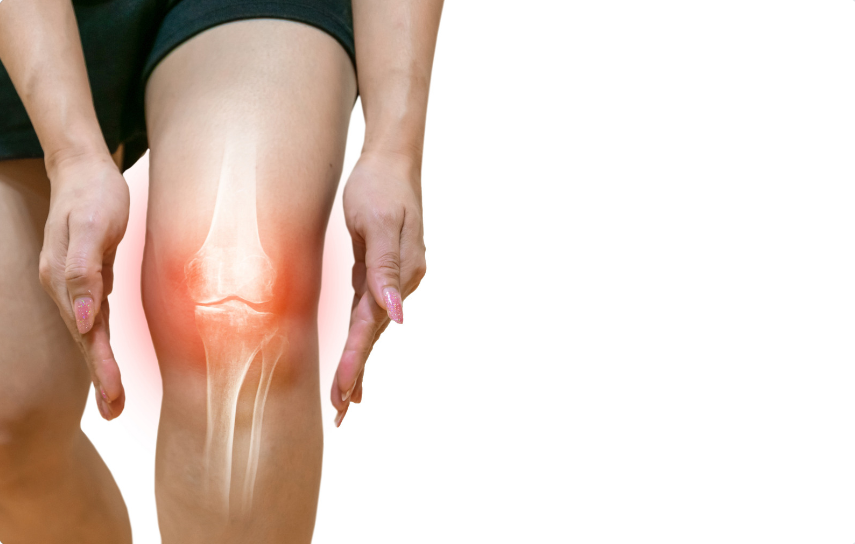
Avascular necrosis, also known as osteonecrosis, is the death of bone tissue caused by a lack of blood supply. Avascular necrosis can cause tiny breaks in the bone, which can eventually lead the bone to fully collapse if the issue is not properly treated. While osteonecrosis can affect individuals of any age or gender, it is most commonly found in individuals between the ages of 30 and 50. Additionally, osteonecrosis can happen to any bone in the body, but it most typically develops in the hip, knee, and shoulder. Learn more about avascular necrosis treatment and causes below!
Avascular Necrosis Causes
There are several different causes of a lack of blood supply that can potentially lead to avascular necrosis. More often than not, avascular necrosis tends to be caused by a systemic problem such as if you have an autoimmune disease and you’re on high doses of steroids. There are other causes including:
- An injury, such as dislocations or fractures around a joint
- Excessive alcohol and tobacco use
- Radiation therapy or chemotherapy
- Fatty deposits in blood vessels
- Sickle cell anemia
- Gaucher disease
- Systemic lupus erythematosus
- Legg-Calve-Perthes disease
- HIV infection
Osteonecrosis Symptoms
Signs and symptoms of osteonecrosis may vary depending on what part of the body is affected and how much the bone tissue, as well as the surrounding area, is impacted. Some common symptoms of osteonecrosis include the following:
- Pain in the joint that may increase over time, especially if the bone collapses
- Pain that occurs even at rest
- Limited range of motion
- Groin pain, if the hip joint is affected
- Limping, if the condition occurs in the leg
- Difficulty with overhead movement, if the shoulder joint is affected
- Worsening arthritic symptoms in the joint when the condition deteriorates
Avascular Necrosis Treatment
When it comes to diagnosing a case of avascular necrosis, doctors usually turn toward imaging methods such as an x-ray or magnetic resonance imaging (MRI). Depending on the severity of the patient’s condition, there are several ways to treat avascular necrosis. Initially, the healthcare provider will attempt to treat the underlying condition that might be causing the problem. If the treatment of an underlying condition is not the proper solution for a particular case of avascular necrosis, the healthcare provider will turn to treating the bone itself.
If the condition is caught early on and there is not a large amount of damage to the bone or surrounding joint that is in need of surgical treatment, the patient may take pain relievers, limit use of the affected area, and potentially be given range-of-motion exercises to do. There is the possibility that nonsurgical treatment will slow the progression of osteonecrosis; however, most people will need surgery.
Surgical options include:
- Core decompression, which consists of drilling holes in the bone right into the lesion to stimulate new bone growth into that area
- Osteochondral bone grafts or replacements, which consist of replacing the affected bone with healthier bone
- If the joint collapses, the worst case scenario is undergoing a whole knee/hip/shoulder replacement based on the area affected
Each case of avascular necrosis is different, so it is best to consult your healthcare provider if you are experiencing any kind of pain, especially if it is joint pain. Want to see a real-life diagnosis of osteonecrosis? Check out the informative TikTok made by Orthopaedic Specialists’ board-certified orthopedic surgeon, Dr. Stacie Grossfeld!
If you or someone you love has suffered an injury in the Louisville, Kentucky-area and developed osteonecrosis as a result, board certified orthopedic surgeon Dr. Stacie Grossfeld at Orthopaedic Specialists PLLC can help. Orthopaedic Specialists PLLC is accepting new patients, and same day appointments are available. For additional information or to schedule an appointment, please contact Orthopaedic Specialists PLLC today at 502-212-2663.

Recent Comments